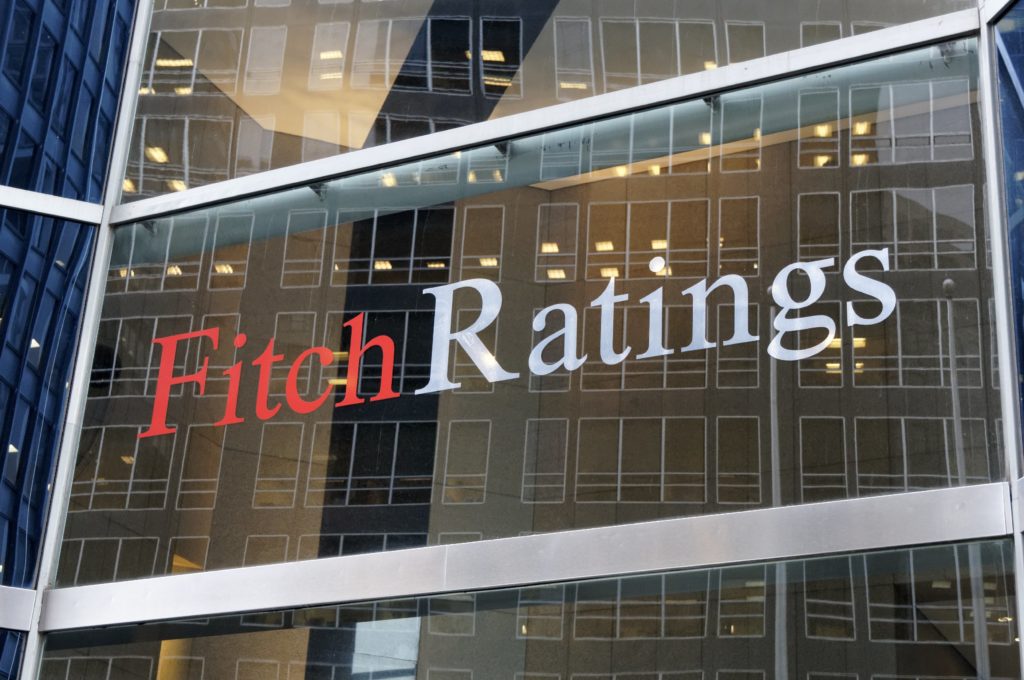NUR-SULTAN
Kazakhstan faces a challenging path to economic recovery, although growth may rebound to 3.7 percent in 2021 assuming a recovery in oil prices, the expansion of Kazakhstan’s major Tengiz oil project and the recent legislation allowing citizens to withdraw pension savings, Fitch Ratings said.
“Kazakhstan’s recovery will face challenges, as it deals with a wave of new coronavirus infections,” Fitch said in a statement. “Vaccination is gathering pace, with a target of roughly 30 percent of the population by end-June 2021. If successful, this will aid in the easing of economic restrictions.”
Fitch affirmed Kazakhstan’s long-term foreign-currency Issuer Default Rating (IDR) at ‘BBB’ with a “stable” outlook in February. The agency said that at the end of 2020, Kazakhstan’s economy showed a robustness that helped it weather the shocks of the coronavirus pandemic and oil price plunge.
“Despite the country having the second-highest commodity export dependence in the ‘BBB’ rating category, its fiscal and external finance buffers remained robust at end-2020, supported by a strong global asset-market recovery and rally in gold prices,” Fitch said.
It said that Kazakhstan’s flexible exchange rate also made it more resilient to the oil price shocks of April 2020. Along with other OPEC+ nations, Kazakhstan committed back then to reduce its oil production in an effort to prop up falling prices and a collapse in demand.
With these oil cuts in place and the added burden of pandemic restrictions, the country’s economy contracted by 2.6 percent in 2020.
“But more should be done to ensure the country is on a sustainable path towards recovery,” the agency said.
Fitch forecasts that Kazakhstan will continue to use strong fiscal and monetary policy stimulus in 2021. It expects Kazakh economic growth to rebound to 3.7 percent this year.
“The authorities are re-engaging with several key structural reforms that could improve the efficacy of monetary policy, counter-cyclicality of fiscal policy and rebuilding of fiscal buffers, as well as the transformation of the structure of the economy through privatisation, diversification and attraction of investments,” the agency said.
Kazakhstan revised its 2021 budget last week and increased spending by 1.3 trillion tenge ($3.045 billion) to 15.3 trillion tenge in a bid to support the economy. The budget also stated an increase in the average price of oil to $50 from $35 per barrel. The amendments submitted by the government were approved by the Mazhilis (lower house of parliament).
In April, Kazakhstan revised its economic growth forecast for 2021 up to 3.1 percent, from a previous projection of 2.8 percent, as macroeconomic indicators improved in the first quarter.
The Central Asian country’s economy contracted 1.6 percent in the first quarter of this year, after shrinking 2.9 percent in January-February. The government had forecast a 4.5 percent contraction in the first three months.
Broadly, economists are confident Kazakhstan’s recovery is underway. The International Monetary Fund said last month that Kazakhstan’s GDP was forecast to grow 3.2 percent in 2021 and 4.0 percent in 2022. Annual inflation is projected at 6.4 percent this year and 5 percent in 2022.
According to the World Bank’s latest projections, the country’s economic growth is expected to rebound in 2021, driven by the resumption of domestic activity, recovery in global demand for oil, continued fiscal support measures, and a successful national inoculation programme against the COVID-19 virus.
With this continued pace of recovery, the economy is expected to grow within the 3-4 percent range in 2021, and 3.5 percent in 2022.
The Asian Development Bank said that economic growth in Kazakhstan was expected to reach 3.2 percent in 2021 and accelerate to 3.5 percent in 2022 as investment, hydrocarbon production, and manufacturing all increase.

